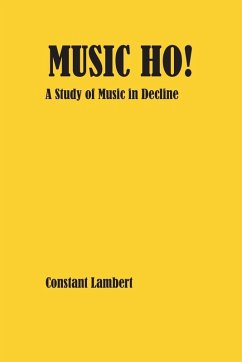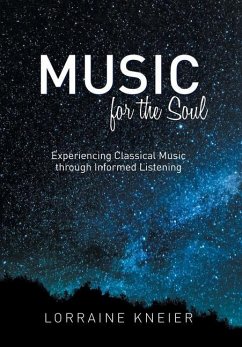Constant Lambert's witty and provocative study of classical music in the early part of the twentieth-century was first published in 1934. In his introduction the author wrote 'This book makes no attempt to be an ordnance survey of modern music or a study of modern composers as individual artists. Avoiding both the pigeon-hole and the blackboard I have tried to trace a connecting line between the apparently diverse and contradictory manifestations of contemporary music.' 'The theme of the book is modern music in relation to the other arts and in relation to the social and mechanical background of modern life. It is a study of movements rather than musicians and individual works are cited not so much on their own account as for being examples of a particular tendency. When absolutely necessary technical arguments are introduced, but there are few technical terms and no music-type illustrations.' 'The book as a whole is meant to be a non-technical presentation of the position the composer (and, for that matter, the listener) finds himself in today, though in order to establish this position clearly it is occasionally necessary to hark back a bit, as in the section devoted to nationalism.' 'I hope that this brief study, though inevitably one-sided and incomplete, may lead the way to a broader and more 'humane' critical attitude towards an art which though the most instinctive and physical of all the arts tends more and more to be treated as the intellectual preserve of the specialist.'
Hinweis: Dieser Artikel kann nur an eine deutsche Lieferadresse ausgeliefert werden.
Hinweis: Dieser Artikel kann nur an eine deutsche Lieferadresse ausgeliefert werden.








